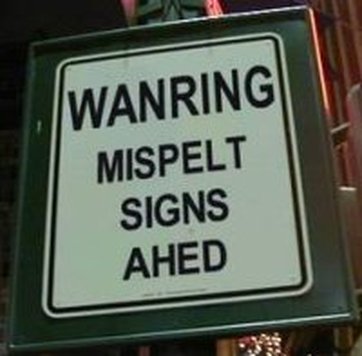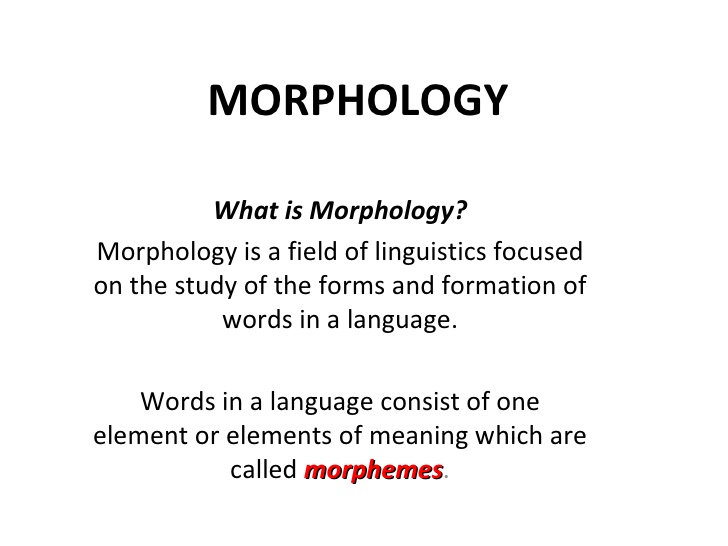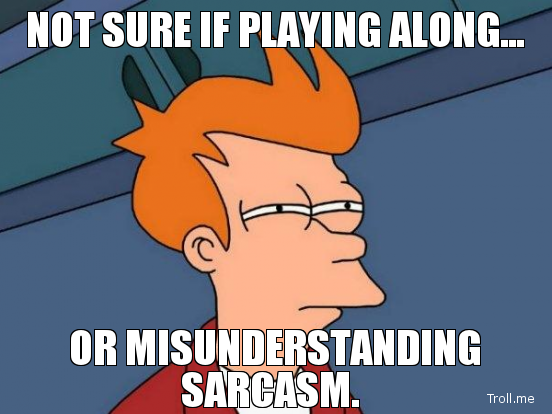"Morphology is commonly defined as
the study of the internal structure of words and the rules governing the formation of words in a language"
the study of the internal structure of words and the rules governing the formation of words in a language"
What do we mean when we say we know a word? To put it another way, what does knowing a word mean?
Knowledge of a word is connected with different types of
information encoded in our mental dictionary (lexicon).
We can list the kinds of information we have mastered about a word as follows:
Pronunciation and Meaning
|
|
|
|
|

Orthography / Spelling:
Every literate speaker of a language also stores
information about how to spell the words they know. However, not every speaker knows – or has to know
– the etymology of a word he or she knows.
In daily life, we may sometimes talk about the origin
and history of words such as coffee or
yoghurt, but this kind of historical information
encoded in our mental lexicon is not truly
representative of our knowledge of words.


